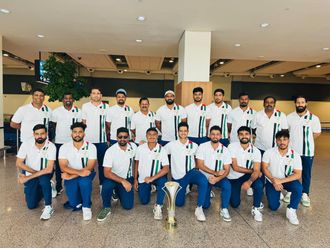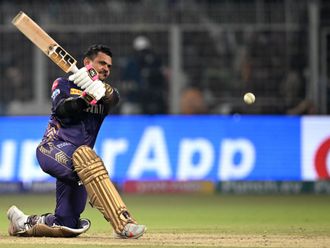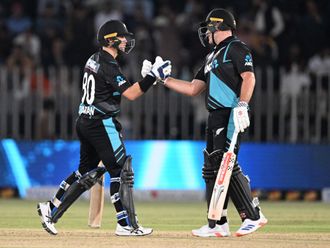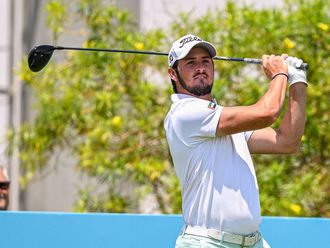It’s not often that Jacques Kallis, the greatest modern day allrounder in cricket, airs a view of social or political relevance. Hence when the other day Kallis tweeted that he was ‘embarrassed’ to be a South African following the diktat of his country’s sports minister, it only underlined the deep-rooted dilemma of the country even after 25 years of the end of apartheid.
The shock and awe, albeit muted, could not be missed when Fikile Mbalula – the sports minister of Jacob Zuma’s regime – banned four of their major sporting bodies (cricket, rugby, athletics and netball) on Monday from hosting or bidding for any major international events as a form of punishment for failing to meet their ‘transformation’ targets.
The ban will be valid for a year for now and will be reviewed next year – which effectively puts paid to SA Rugby Union’s plans to bid for the 2023 World Cup rugby.
The decision, with its political overtone, is certain to have major ramifications in the way sport is being run in the rainbow nation. So sensitive is the subject that Kallis, one of the white sporting icons of his country, followed up his tweet with a second one within 24 hours where he said his comments were directed at the ‘political bullying’ and not transformation – and how his JK Foundation had been helping in providing education for underprivileged (read: black
African) children.
Interestingly enough, Mbalula’s directive did not actually come as a bolt from the blue. Five of the most important sports federations of South Africa – the banned ones along with football – had signed a MoU with the ministry last year with certain ‘transformation targets’ where the goal was to have 60 per cent of national team players of colour.
Only the Bafana Bafana seemed to have met their targets while the others have fallen short in their pursuit.
And this is where the entire dichotomy of the situation comes from.
While the quota system has been part of the vision of Nelson Mandela’s government to make sport racially more inclusive in his South Africa, it’s also a fact that there are often not enough numbers of youngsters from Black Africans, mixed race or Indian community to make it to the national teams in rugby and cricket – given the country’s standards of excellence.
In cricket, the likes of Kagiso Rabada, Aaron Phangiso or Temba Bavuma have broken through in recent times while rugby has provided iconic World Cup winners like a Chester Williams or Bryan Habana. However, a target of 60 per cent looks an extremely unrealistic one where there is a risk of quality being compromised – and it looks a huge challenge for the administrators of the game.
It’s a no-win situation, really, for a country with a thriving sports culture like South Africa. There are instances of Fifa, the global body of football, pulling up countries for government interference in their sports bodies. Can South Africa’s problem be solved the same way? We can only wait and watch…












